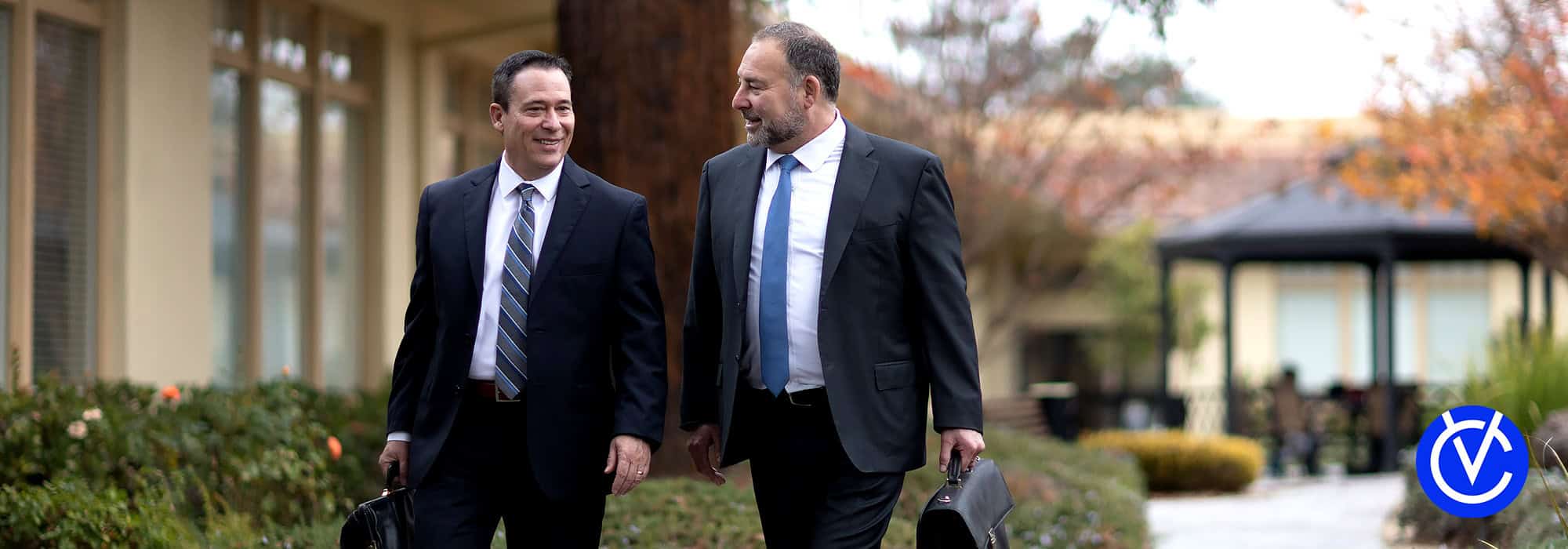For many people, it is a natural reaction to apologize after any type of incident involving contact between two people. While it may be a nice gesture when you accidentally bump into someone on the street or step on someone’s foot, it is not the most appropriate thing to do following a car accident. In fact, apologizing after a crash can potentially harm your case and your ability to recover financial compensation for any injuries and damages you suffered. Why? Because saying sorry can be taken as admitting fault, or responsibility, for the accident. This is why our legal team at Caputo and Van Der Walde – Injury & Accident Attorneys generally recommends that anyone involved in an auto accident avoid saying “I’m sorry.”
Because what you say after a crash can impact your personal injury case, and potentially affect your ability to recover the full compensation you deserve, we’ve devoted this blog to educating local residents about why it is best to avoid apologizing immediately following an auto accident of any degree, even a fender bender.
While it may be natural to say “sorry,” it can very well be a mistake when it comes to your personal injury case. Below are a few reasons why:
Whether you apologized at the scene of the accident or made statements you wish you hadn’t, don’t wait to bring your case to the attention of an attorney. At Caputo and Van Der Walde – Injury & Accident Attorneys, we are here to help you investigate your accident and determine who is at fault, whether your accident involved a car, truck, or motorcycle. Contacting a lawyer from our firm as soon as possible after the crash will help ensure you remain protected against insurance company tactics that include using own words against you.

As members of the Multi-Million Dollar Advocates Forum® and the Million Dollar Advocates Forum®, we have proven our ability to negotiate and litigate on behalf of our clients successfully. Retain us to put our tactical strategies to work for you. These skills are what make our legal team such a formidable opponent in any courtroom or negotiation setting.